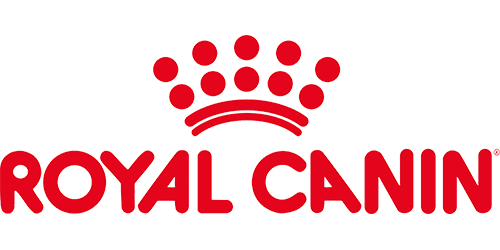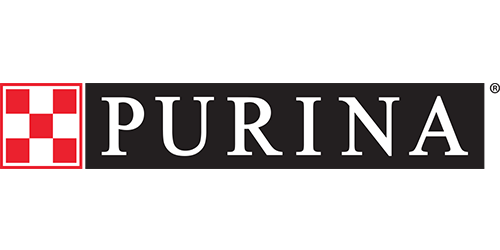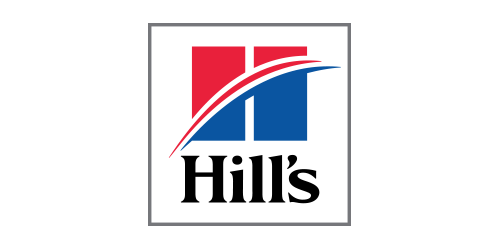The liver: A vital organ essential to your dog’s metabolic function
The liver is the second-largest organ in your dog’s body by volume and performs 1,500 essential biochemical functions. It plays an active role in:
- Metabolizing drugs
- Eliminating toxins
- Producing important substances like albumin and blood coagulation factors
- Digesting food
- Metabolizing nutrients
Because it performs all these important functions (not to mention filtering toxins from the blood!), a lot of substances pass through the liver before being eliminated from the body. This makes it vulnerable to damage from various sources that can lead to liver disease.
Our veterinarians see many dogs for issues related to the hepatobiliary system, or the liver and bile ducts (which collect bile made by the liver).
In a study conducted by Meyer, 2% to 3% of pets brought to a veterinary teaching hospital for consultation were suffering from some form of hepatobiliary disease. The study showed that 60% of these patients had one of the following:
- Congenital portosystemic shunts (PSSs)
- Tumours:
- Metastases
- Malignant lymphoma
- Primary liver tumours
- Chronic hepatitis
Other illnesses and issues (e.g., infection and poisoning) can also cause liver damage in your dog. When it’s a reaction to another condition, this is known as secondary liver damage.
How can you tell if your dog has liver problems? Unfortunately, recognizing liver disease based on your dog’s history and clinical signs can be difficult because certain symptoms are associated with other diseases as well.
Potential signs of liver dysfunction include:
- Loss of appetite
- Sudden weight loss
- Vomiting
- Abnormal stool
- Depression or lack of energy
- Jaundice (yellowing of the gums, whites of the eyes, or skin)
- Ascites (accumulation of fluid in the abdomen)
Be sure to contact your veterinarian right away so they can perform the necessary tests to nail down a diagnosis.
Laboratory blood tests are an important part of early screening and detection of hepatobiliary system disease because the clinical symptoms may appear only after the condition has progressed.
If your dog loses liver function, it can alter the way their body processes nutrients like proteins, carbohydrates, and fats. To offset the effects of your dog’s ailing organ, you’ll need to control their nutrient intake through a modified diet.
A proper diet is an important component of your dog’s overall care, especially if they have liver disease.
But be aware that nutrition therapy only helps when combined with the medical and surgical approach that’s best for your dog’s specific liver ailment.



